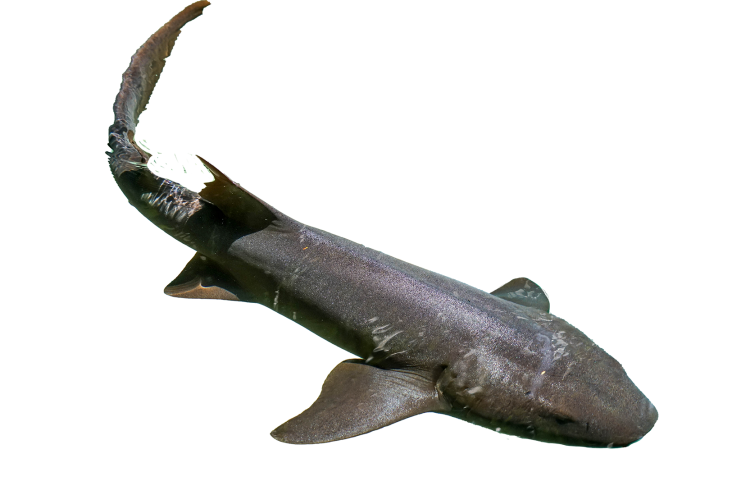1 minute
Older sharks are more flexible than young ones
Younger sharks are stiffer (able to resist compression) and tougher (able to absorb more energy) than older sharks.
Nurse sharks are a typically inshore bottom-dwelling species. Juveniles are mostly found on the bottom of shallow coral reefs, seagrass flats, and around mangrove islands, whereas older individuals typically reside in and around deeper reefs and rocky areas.
One would assume that since humans and many animals tend to get stiffer and perhaps tougher as they reach adulthood, that the same would be true for sharks. Much to their surprise and contrary to their hypothesis, researchers discovered the opposite in these swift-swimming marine predators. Cartilaginous fish like sharks, rays and skates have a skeleton composed entirely of cartilage.
A recent study conducted at Florida Atlantic University showed that the youngest sharks were stiffer (able to resist compression) and tougher (able to absorb more energy) than older sharks. The researchers speculate that cartilage from younger sharks has fewer “interruptions” in the mineral matrix within the cartilage. They also discovered that the cartilage was stiffer and tougher in the posteriorly-located vertebrae (toward the back of the body), suggesting that this body region is better equipped to handle the mechanical loading that occurs during swimming.


